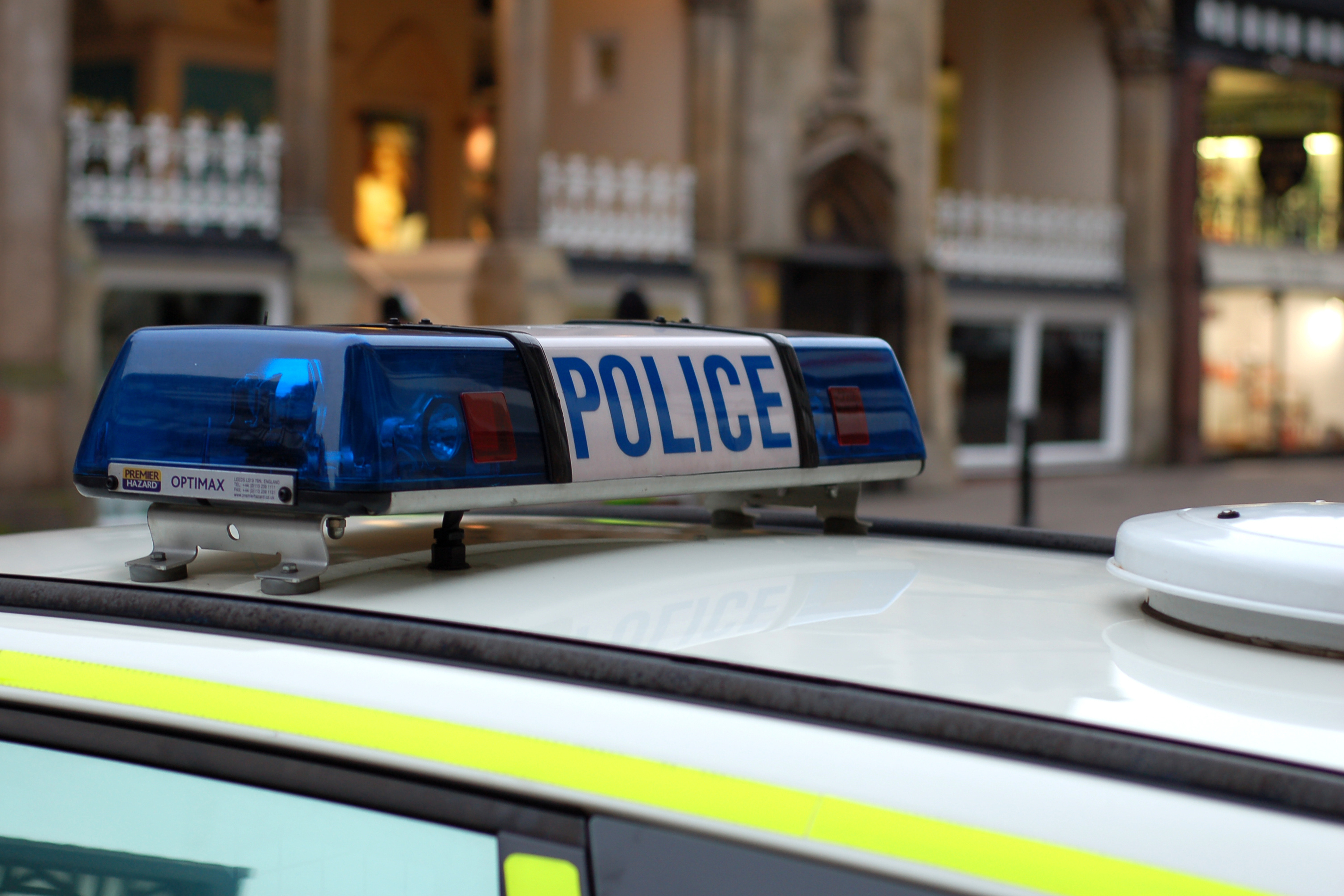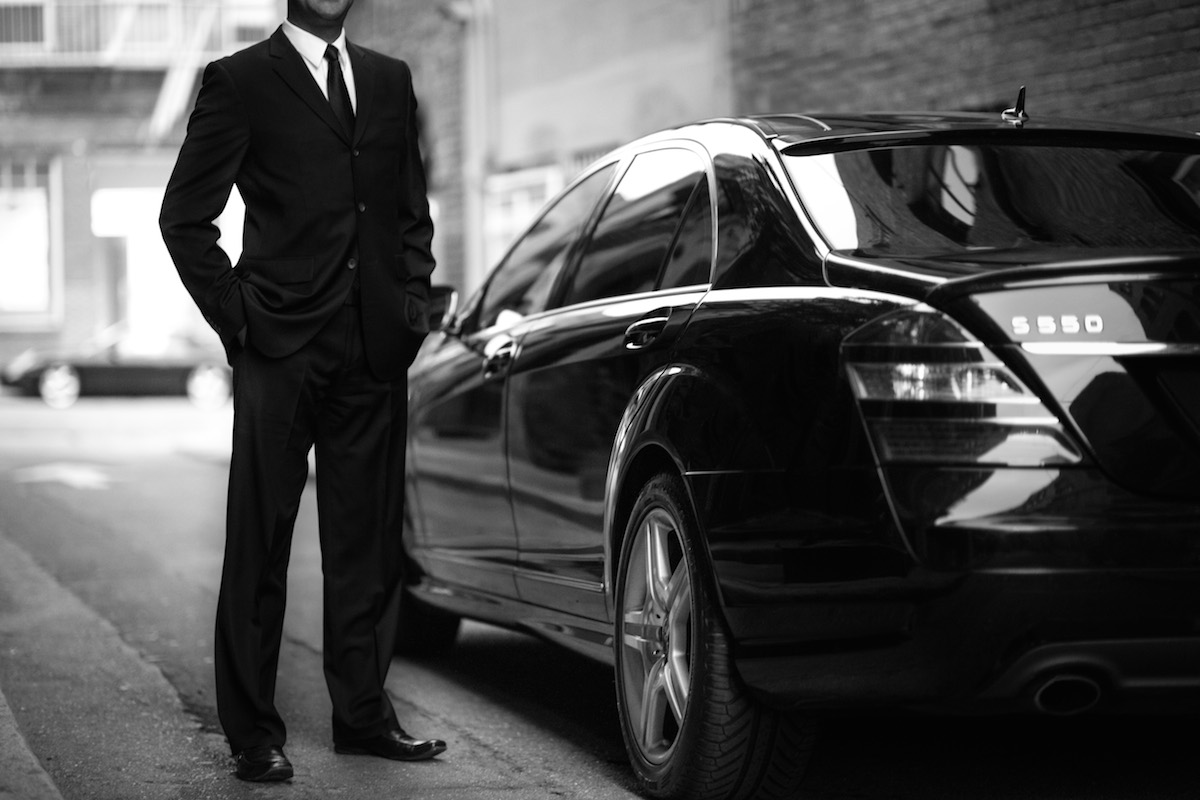UK police deny they'll seize mobile phones after all road traffic accidents
The Association of Chief Police Officers has rubbished reports that officers will seize mobile phones in the wake of every car accident

The Association of Chief Police Officers (ACPO) has denied reports that drivers involved in road traffic accidents will have their mobile phones automatically examined or seized at the scene.
Over the weekend, several national newspapers reported that police officers had received guidance instructing them to seize the mobile phones of drivers whenever a road traffic accident takes place.
The move, it was claimed, would help reduce the number of deaths caused by drivers using their mobile phones while behind the wheel, and would help police officers ascertain if a driver had used their phone in the lead up to a crash.
A report on the Daily Mail website over the weekend stated the guidance had been issued by Gloucestershire Police Constable Suzette Davenport, who oversees the ACPO's road policing efforts.
However, ACPO has since released a statement distancing itself from the weekend reports, which it has described as "inaccurate."
In it, Davenport categorically denies that she has instructed police officers to seize drivers' mobile phones in the wake of a collision, but stated that making people aware of the dangers of using mobile devices while driving is a priority.
"At no point have I issued guidance to officers to seize mobile phones from drivers at the site of every road traffic collision," she said.
Get the ITPro daily newsletter
Sign up today and you will receive a free copy of our Future Focus 2025 report - the leading guidance on AI, cybersecurity and other IT challenges as per 700+ senior executives
"It has been standard practice to seize mobile phones from drivers at the scenes of very serious collisions for some time as part of the information and evidence gathering process, but it is not now, nor will it be, standard practice to seize phones from drivers after every collision."
It is illegal for drivers and motorcyclists to use mobile devices while operating their vehicles, and people found doing so can receive three penalty points and a 100 fine.
If the case goes to court, people can face being disqualified from driving or using their motorbike, and receive a maximum fine of 1000.
"It is fair to say that we as a service are looking at ways of making officers and drivers more aware of the difference between the offences of driving while not in proper control of the vehicle which is a distraction offence and driving while using a mobile phone," Davenport added.
"Part of this process involves making sure officers know the best means of using information within a driver's mobile phone when building evidence for a successful prosecution, such as finding from call or text logs if the phone was ain use at the time of the incident."
-
 Cleo attack victim list grows as Hertz confirms customer data stolen
Cleo attack victim list grows as Hertz confirms customer data stolenNews Hertz has confirmed it suffered a data breach as a result of the Cleo zero-day vulnerability in late 2024, with the car rental giant warning that customer data was stolen.
By Ross Kelly
-
 Lateral moves in tech: Why leaders should support employee mobility
Lateral moves in tech: Why leaders should support employee mobilityIn-depth Encouraging staff to switch roles can have long-term benefits for skills in the tech sector
By Keri Allan
-
 UK police fails ethical tests with "unlawful" facial recognition deployments
UK police fails ethical tests with "unlawful" facial recognition deploymentsNews A University of Cambridge team audited UK police use of the tech and found frequent ethical and legal shortcomings
By Rory Bathgate
-
Hackers love the UK, but not for the reason you think
News Ex-Met cyber specialist explains why the UK is such a popular destination for cyber criminals
By Adam Shepherd
-
 UK cops to lose access to Europol's cyber crime resources after Brexit
UK cops to lose access to Europol's cyber crime resources after BrexitNews Cyber cops will be on their own once Britain leaves the EU
By Adam Shepherd
-
 Police pursue cloud first IT strategy
Police pursue cloud first IT strategyNews The National Police Technology Council's guidelines attempt to standardise IT deployment
By Clare Hopping
-
 NGO director guilty of denying police his device passwords
NGO director guilty of denying police his device passwordsNews Muhammad Rabbani refused to divulge iPhone and MacBook passwords at Heathrow airport
By Zach Marzouk
-
 20% of Manchester police rely on Windows XP
20% of Manchester police rely on Windows XPNews London's Metropolitan Police refused to disclose any up-to-date figures
By Zach Marzouk
-
 Should police have powers to sack officers lacking IT skills?
Should police have powers to sack officers lacking IT skills?News Reform produces a 10-point plan to address policing's digital skills gap
By Clare Hopping
-
 Uber faces criminal investigation over 'Greyball' tool
Uber faces criminal investigation over 'Greyball' toolNews DoJ investigates alleged use of software to help drivers evade regulators
By Dale Walker